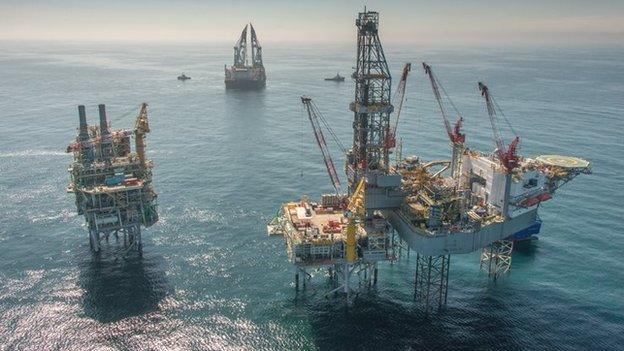Oil and gas production in UK waters 'on the rise'
- Published
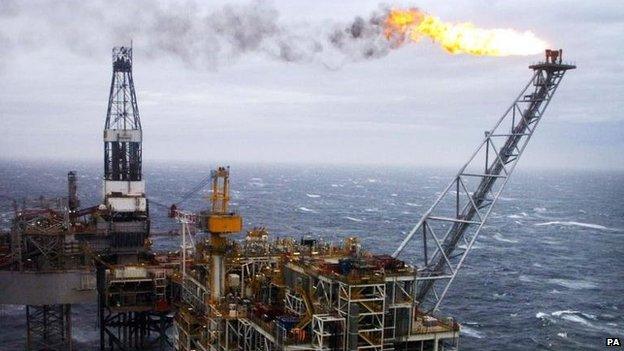
Oil and gas production in UK waters is set to rise for the first time in 15 years this year.
Industry body Oil and Gas UK said provisional figures showed production for the first six months of the year could be up 2.5% on the same period last year.
The Golden Eagle field, which started producing in November, is thought to have played a part.
Increased efficiency from existing assets is also being highlighted.
Deirdre Michie, chief executive of Oil and Gas UK, said: "It's still early days, but initial indications suggest that production could increase this year for the first time in 15 years.
"Clearly the oil price - which has more than halved since this time last year - continues to really challenge the industry.
"However, this positive news can indeed be attributed to the effort and investment industry has put into improving the integrity and performance of assets."

Analysis by Douglas Fraser, BBC Scotland business and economy editor
The rise in oil and gas output - of about 40,000 barrels per day - is not, perhaps, what you would expect when the price has been falling and the industry has been slashing at costs and investment.
It reflects less downtime for maintenance, and the industry points to its efficiency measures working.
But it mainly reflects previous years of investment. More than £30bn in the past few years has secured a second wind for the North Sea and new projects west of Shetland.
And with output at around two-thirds of its peak level at the turn of the century, only one field can make a big difference. The Golden Eagle field, 40 miles north-east of Aberdeen and operated by Chinese-owned Nexen, can pump up to 70,000 barrels per day and only started production last November.
It has been forecast that output will remain at a slightly higher level for the rest of this decade, before returning to long-term decline as fields deplete.
Does this mean a rise in offshore tax revenue? No. With 3% more oil and 2.5% more gas, revenue may be slightly more than the low forecasts, but as tax is based on profit rather than production, and taxable profits are reduced by the low oil price and by investment allowances, the tax take is still going to be a long way down on recent years.
The global downturn in oil industry investment this year can be expected to have an effect later this decade. Without replacement supplies for depleting fields, we could see a constraint on supply, which can be expected lead to more price volatility to the upside.

- Published3 August 2015
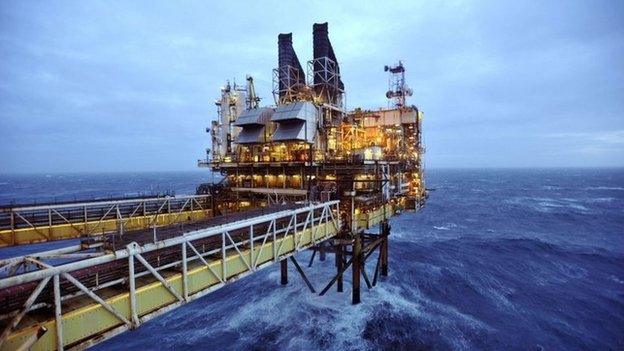
- Published30 July 2015
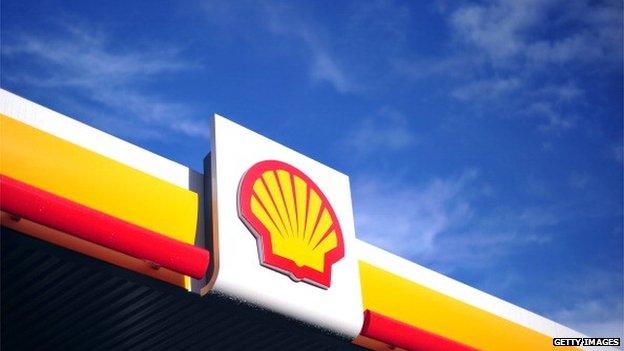
- Published29 July 2015
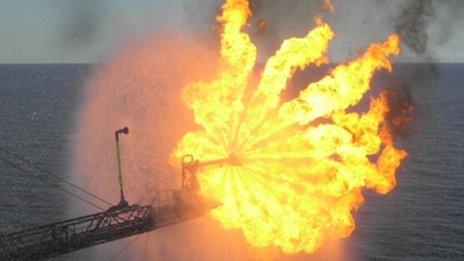
- Published7 July 2015
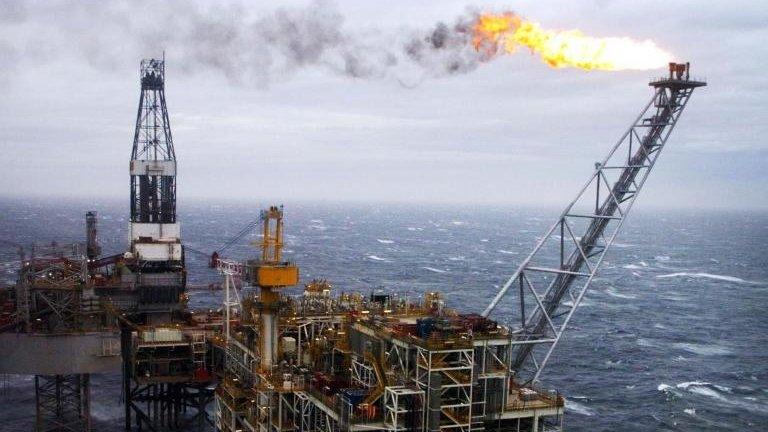
- Published3 November 2014
